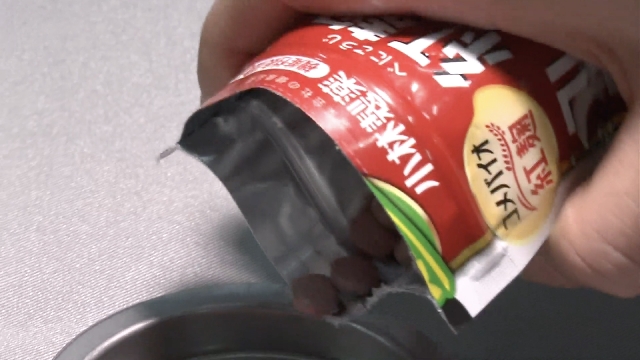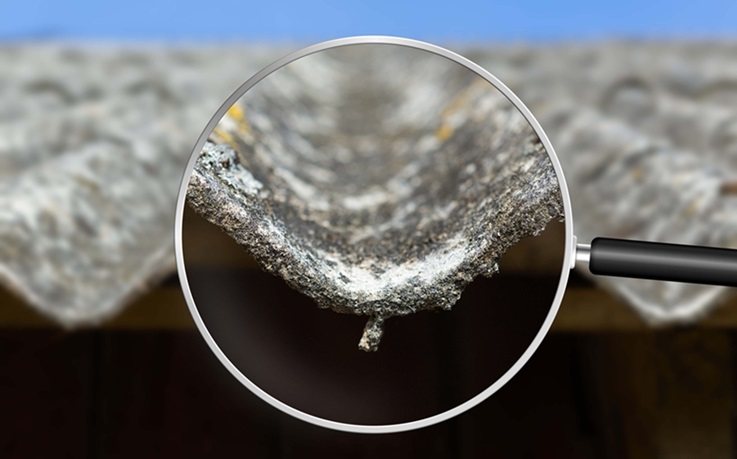In a surprising turn, Kobayashi Pharmaceutical, the embattled drugmaker at the center of a health scandal involving its beni kōji (red yeast rice) dietary supplements, has pointed fingers at a natural compound found in blue mold as a potential culprit behind the health issues linked to its products. The company made this revelation during a recent news conference, where it also issued a public apology for its inadequate response to reports of harm caused by its supplements.
Despite the acknowledgment of the compound, puberulic acid, as a possible cause, Kobayashi Pharmaceutical has not definitively established a direct link between the substance and the reported health damage. The firm’s executives, however, expressed their commitment to working with health authorities to identify any toxic substances swiftly.
The recent fatality, which brings the death toll to five, underscores the seriousness of the situation. All the deceased individuals were reported to be between the ages of 70 and 90, raising concerns about the safety of the supplements, particularly among elderly consumers.
One of the critical issues raised is the lack of a Good Manufacturing Practice (GMP) certification for the production line of beni kōji at the Osaka factory, where the problematic batches were manufactured. While this certification is not legally required, the health ministry strongly encourages its adoption for firms producing functional foods.
The Osaka factory has been shut down due to various operational issues, prompting a move of operations to Gifu Prefecture. Kobayashi Pharmaceutical has pledged to provide support and compensation to affected customers, including those overseas, once a definitive link between the supplements and the health damage is established.
The company’s sluggish response to the crisis has drawn significant criticism, especially after it emerged that it received a report linking the supplements to health issues in mid-January but failed to act promptly. Health minister Keizo Takemi expressed disappointment over the delayed public response, emphasizing the need for transparency and swift action in such cases.
The fallout from the scandal has been widespread, with the Osaka Municipal Government issuing recalls of three products and publishing a list of companies that have used beni kōji materials from Kobayashi Pharmaceutical. Some companies, such as Family Mart and the Japanese Consumers’ Co-operative Union, have proactively recalled their products as a precautionary measure.
The financial impact of the scandal on Kobayashi Pharmaceutical is expected to be substantial, with initial estimates of a ¥1.8 billion loss now likely to be exceeded. The company is facing a mounting crisis that not only threatens its reputation but also raises broader questions about the regulation and oversight of the dietary supplement industry in Japan.
(Source: Japan Times | The Guardian | CBS News)







